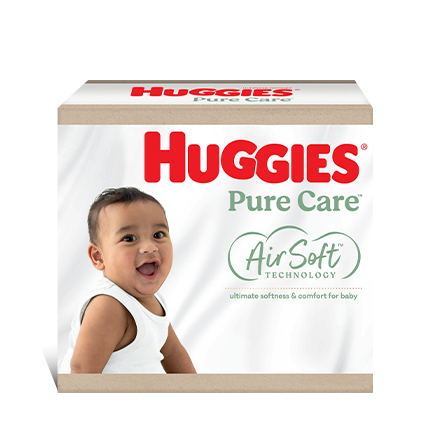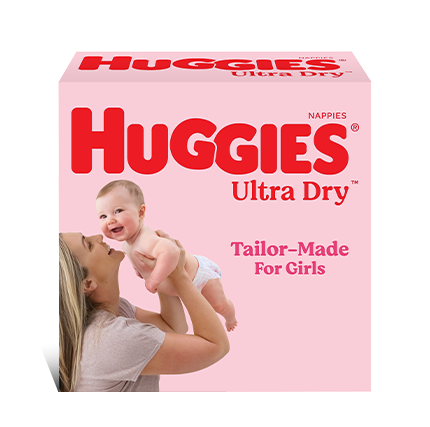Teaching good habits for the future
Routines, schedules and timetables are essential for us as parents to put in place to enable our young ones to form good toddler habits.
The toddler habits here cover a number of different areas. Some of these include eating, sleeping, and behaviours which are the building blocks to raising responsible and independent children.
Toddler eating habits
Contrary to what many parents believe, healthy children will not starve themselves. Children are born with the ability to regulate their own appetites. When they are babies we know that they will tell us when they are hungry (which may be at any hour of the day or night!). But for some reason we parents have the mistaken conviction that if our little ones do not finish their meals, they will get sick or develop some type of eating disorder. However, the contrary could be true! If we insist that our children override their natural response to feeling full, this is likely to lead to obesity in the future.
If our toddler is offered plenty of healthy foods at meal times as well as morning and afternoon snacks, they will learn to listen to their bodies and eat only when they are hungry. We parents need to learn to relax and trust that even if they do not eat much more than half an apple today, they will probably eat a larger amount tomorrow. If our children know that good food is regularly available (such as vegetables, fruit, and foods which contain calcium, protein and omega-3), they will be able to self-regulate their own eating habits which will reduce our stresses about their nutrition.
Toddler habits at night
Bedtime can be a challenging time for parents and children at different stages, so it is important to set up regular routines for you and your child. This ensures that everyone knows what to expect, and there is little argument if the child’s experience every night is the same. For example, some families start a sleep routine up to an hour before bedtime. It can include things such as having a warm bath and putting on their pyjamas. Some parents sit in the child’s room and read a book (or 3!) to their child, then say or sing “I love you” and give him/her a kiss goodnight. Many parents will then either turn off the lights (or at least dim them) and leave the room. Toddlers are less likely to protest if this is handled in the same way every evening, because they know that there is no point in arguing, and they have the security of knowing that the next part to this routine is that their beloved parent will be there in the morning when they wake up!
Toddler behaviours
There are various routines which are important to set up for your toddler. One of those is teaching basic hygiene. This includes things such as how to wipe themselves after going to the bathroom, but also washing their hands before eating. If this is something that they routinely do before having a meal, they will not need to think about it or argue because it is just one of the things that they do (ie. a habit). Another action is cleaning their teeth – again if it is simply something that is done in their house consistently, there is rarely resistance (particularly if the parents also model these behaviours!). Other behaviours which can be taught and regularly done (thereby becoming “habits”) are completing chores such as setting the table or tidying up. Consistently polite manners and showing others respect are important to be modelled by the significant adults surrounding the child, and finally making sure that whatever consequences are set up in the family for particular behaviours are consistent and fair.
Overall, it is very important to teach your children healthy and regular habits. If a child has an expected routine for various basic needs, then he or she can concentrate on all the things that should be fun in their lives. Predictability brings security in the life of a toddler, and it allows them the courage to explore the world and become more confident and courageous in their lives.
For more information see Social Development.
This article was written by Sally-Anne McCormack M.A.P.S. Dip T (Psych Maj); Postgrad Dip Psych (Ed); B Ed: M Psych (Ed & Dev). Sally-Anne is a Melbourne psychologist, former teacher, and mother of 4. She has 2 websites: www.psychonline.com.au and www.parentsonline.com.au.
Last Published* May, 2024
*Please note that the published date may not be the same as the date that the content was created and that information above may have changed since.





















